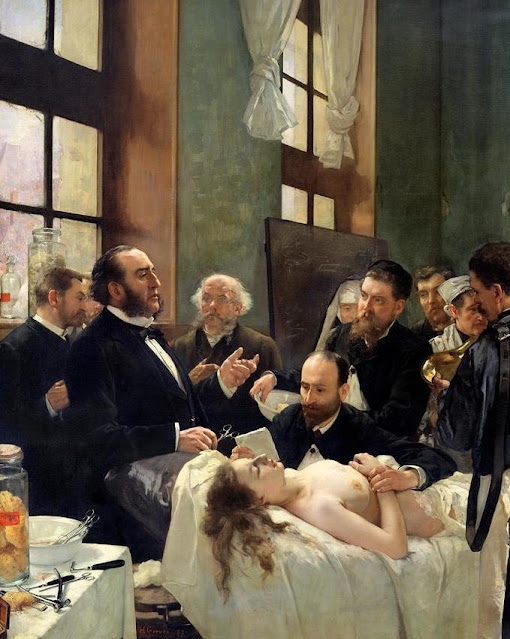Body without organs
When I was a kid, my sister and I had saved up some money so we could buy the most disappointing but to a kid most impressive piece of candy in the world: the Mammouth ball jawbreaker. That baby cost us a whole two euros. Once obtained, we started licking and licking and licking. There wouldn't come an end to the licking until we had reached its gumball core. We even started watching ourselves licking it in the mirror because we were curious to see how ridiculous we looked. Then we noticed a little detail: our tongues started changing? We thought the jawbreaker was the cause of some rare disease but we didn't care about dying for we were determined to finish this piece of overpriced candy. We had silently agreed that if that were to mean death we would at least die happily and accomplished. For years we - I at least - kept thinking that eating that jawbreaker is going to be the reason for or untimely demise. That was until I learned that what we saw in the mirror were our large taste buds. We were completely healthy except for the couple of cavities we probably got from eating that much candy.
When you're a child, you don't really understand how your body works until you get your first biology lesson in school on the digestive system. This is when most kids realize there's much more going on inside than what they can see from the outside. Naturally, this was the same for me, but I did know what some of it looked like because I had seen Hannibal, including the famous "bowels in or bowels out?" scene, and I had seen a sheep's intestines plenty often because of Eid al-Adha (yes, it sucks that I had to realize pretty young that a fluffy sheep is filled with bloody organs). However, learning that my body was a machine that turns food into its fuel was quite the revelation: "What do you mean, my body doesn't just want food because it's delicious?" I still remember how the teacher brought out the, now defunct, food pyramid showcasing how little fat and sugars one should consume daily: "One should only consume a pinch of sugar or butter a day." Nine-year-old me felt instant shame since my sandwiches were spread with butter and I ate candy almost every day._-_Google_Art_Project.jpg)
The Gross Clinic by Thomas Eakins (1875)
Antonin Artaud, a French artist, wanted to become a body without organs. The reason for this was that he suffered from chronic pain (and schizophrenia) and he believed that the only relief would be his body becoming like a sieve existing of nothing but blood and bones: 
The Agnew Clinic by Thomas Eakins (1889)
No mouth / no tongue / no teeth / no larynx / no esophagus / no stomach / no intestine / no anus. I will rebuild the man I am.
Antonin Artaud (1948)
I often think of this idea of a body without organs because it's an interesting concept. It seems almost alien but when you think of it, it really isn't. Children get to experience this idea until they're taught how their bodies function or until they have to deal with the medical world.
When you're my age you will have already had to do some medical testing, like gastroscopies and nasal endoscopies. However, this isn't the reason why I'm writing this post. I'm writing this because this month an organ I didn't know existed was getting tested: the hypophysis or the pituitary gland. I had to ask the doctor so many questions about it and ever since I know where it is situated I can't stop thinking about it. I feel that being a literal body without organs is the ultimate luxury: not knowing what's going on inside your body - that lack of hyper-awareness - seems like such a relief. Don't get me wrong; I'm happy to be a human, but I sometimes think my flesh has failed me. This is because I feel there's always something else not functioning properly. Anyway, I truly trust my medical professionals so I won't get stuck in a downwards spiral of uncertainty.
The operation by Henri Gervex (1887)
Thank you, and take care.




Comments
Post a Comment